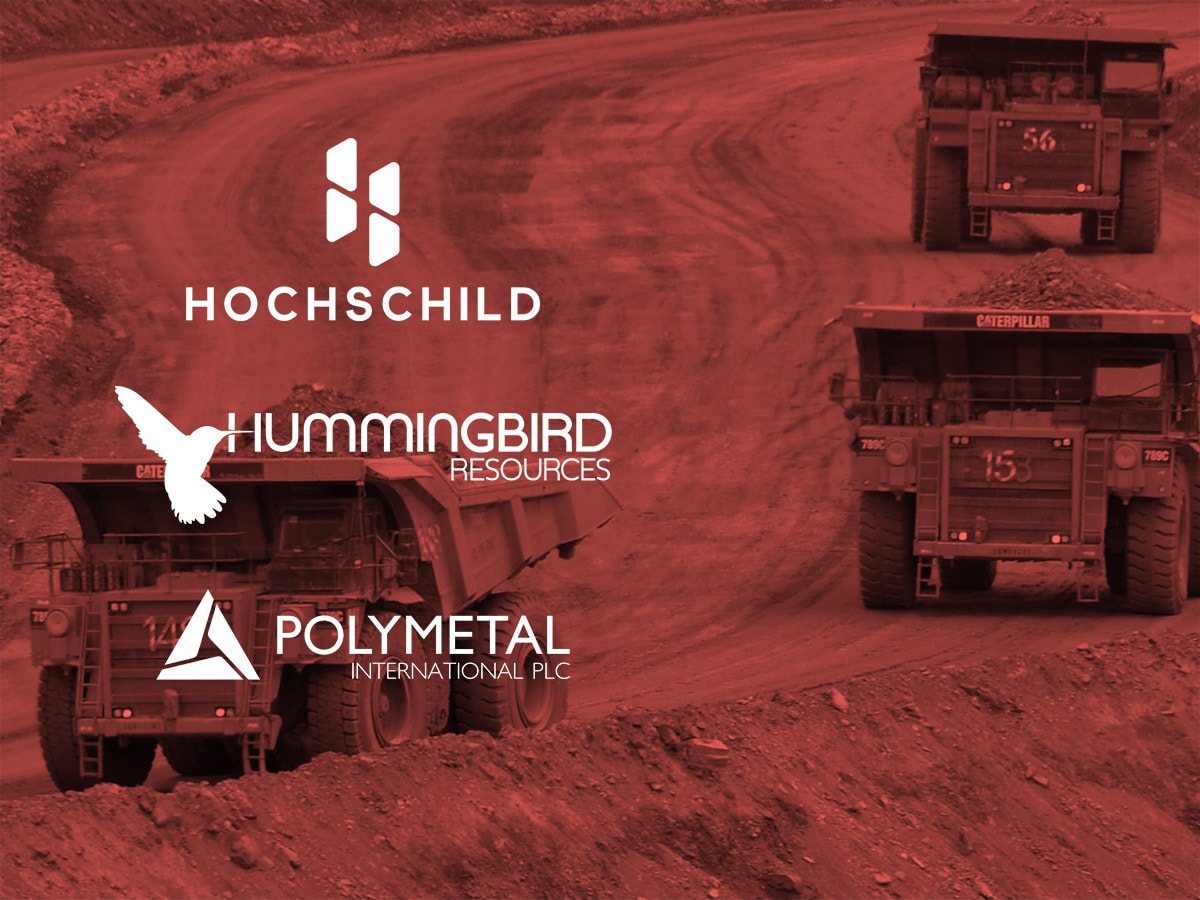Share prices for gold miners Polymetal, Hummingbird Resources and Hochschild Mining have tumbled this year. Sanctions have impeded Anglo-Russian miner Polymetal, while weaker production and higher costs have hit Hummingbird Resources and Hochschild.
Shares in Hummingbird Resources [HUM.L], Hochschild Mining [HOC.L] and Polymetal [POLY.L] have lost at least half of their value in 2022. Hummingbird and Hochschild shares have both fallen 50%, while Anglo-Russian miner Polymetal has tumbled a further 80% as it continues to suffer from sanctions imposed after Russia’s invasion of Ukraine began earlier in the year.
While the war has had a direct impact on Polymetal, the other miners, which both have considerable gold mining presence, have been indirectly hurt by the fallout of the conflict. Rising inflationary pressures have squeezed margins in recent months while sky-high interest rates have pushed investors away from gold investments and towards higher interest-paying assets.
However, investor Frank Holmes, executive chairman of Hive Blockchain Technologies, has recently hinted at a strong recovery for gold prices over the coming weeks. He noted that a recent boost in gold prices has been “helped by a continued decline in Treasury yields, as traders weighed concerns that central banks’ monetary tightening will lead to recession and the possibility that bond rates may have reached a peak.”
Falling production harms Hummingbird Resources
Hummingbird Resources is the smallest of the three gold mining companies with a market capitalisation of just £28.3m as of 19 October. The group has struggled this year, with losses before tax in its first half ballooning to$23.9m, up an astronomical 647% from $3.2m the year before.
The group generated gold sales of $66.3m in the first half of the year from 35,500oz of gold, at the average rate of $1,859/oz. This was down from 46,800ozs that were sold in the first half of 2021 for an average of $1,794/oz, indicating that while prices were up year-on-year, the company’s limited capacity accounted for the drop in earnings.
Production from the company’s Yanfolila mine in Mali was a major reason for the slowdown in output, with it having a low first quarter of the year. The group did note that production from the mine increased 29% from the first quarter of the year but it was not enough to push total first-half production above 2021 levels.
Hochschild sees production dip as ore grades weaken
Hochschild Mining saw its revenue fall 12% year-over-year in the first half of 2022 from $394.8m to $347.8m as production declined. The group’s revenue is mainly dominated by its silver production which makes up over 98% of total output.
Its declining production figures have been the result of weaker ore grades at the company’s Pallancata and Inmaculada mines. Pallancata’s mining area is currently depleted and has been in decline over the last several quarters, which has resulted in a fall in output figures. The company, however, has updated its strategy for the mine for 2022 and is evaluating its future production potential with geological considerations in mind.
Higher production costs also helped to erode the bottom line. Direct production costs rose 24% year-on-year to $174m, which was driven by higher fuel and labour costs alongside the use of more conventional mining methods.
Polymetal shares rocked as Russian sanctions grow
Polymetal has struggled to shake off sanctions imposed against Russia since the invasion of Ukraine earlier in the year. Of the 10 silver and gold mines owned by the group, eight are within Russia, with the other two in Kazakhstan. While the group has not been placed under direct sanctions by the west, it is facing challenges selling gold in western markets.
The company saw losses grow to $321m in the first six months of the year compared to a profit of $419m the year before. Net debt also grew to $2.8bn at the end of the first half of the year, up 70% year-on-year from $1.8bn. It has been struggling to grow its inventories and to find buyers for its metals.
The company is looking to separate its Russian assets from its non-Russian business to safeguard against the effects of western sanctions. However, Russia has banned the sale of assets from locations it sees as ‘unfriendly’ and Jersey, where Polymetal is domiciled in the UK, is sitting on the list. The company is now looking to shift away from the UK location to allow itself to offload the Russian assets.
Continue reading for FREE
- Includes free newsletter updates, unsubscribe anytime. Privacy policy





